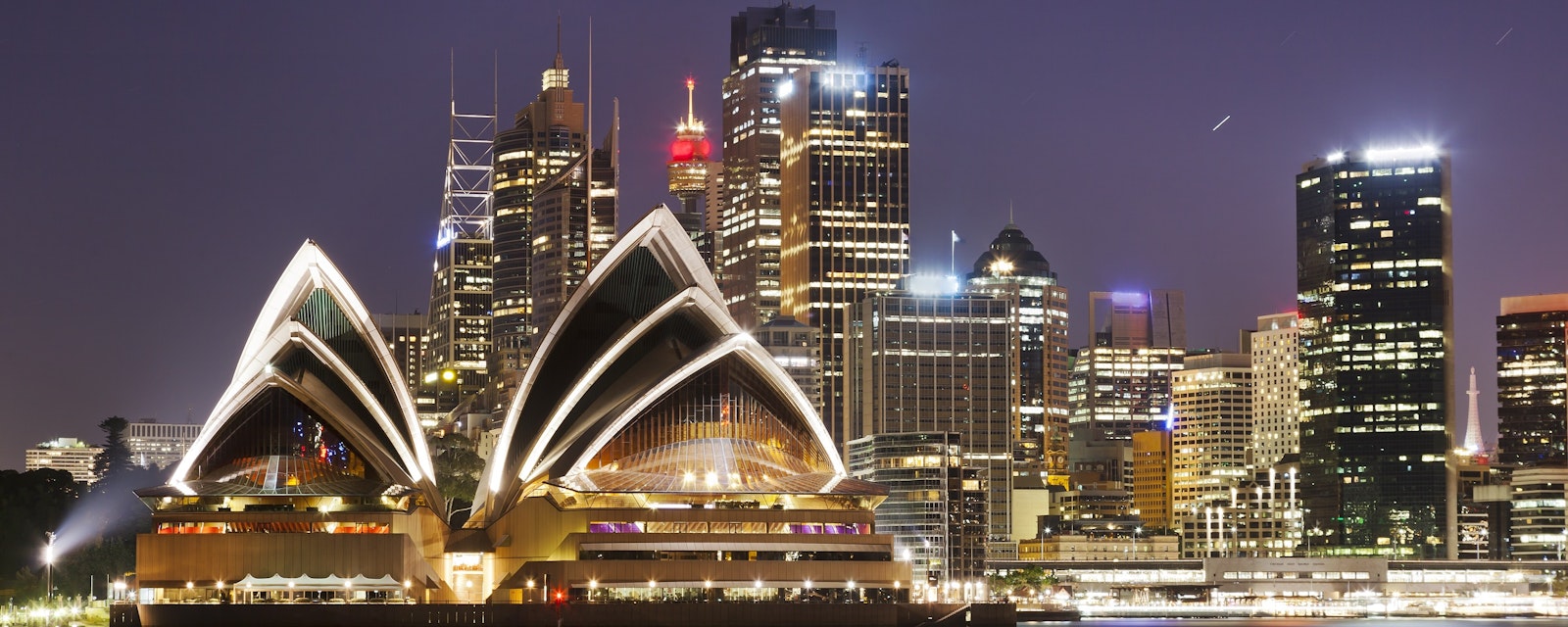We had the honour of hosting a virtual discussion with Dr. Parag Khanna, a leading global strategy advisor, world traveller, and best-selling author.
He is also Founder and Managing Partner of FutureMap, a data and scenario based strategic advisory firm.
Parag joined us from Singapore to lead an incredibly insightful discussion on the post pandemic world and planning Australia’s corporate strategy for the future.
Today, we face the greatest disruption to our daily interactions both personally and professionally. Across the world a sense of fear and uncertainly exists; and as one of our corporate affairs leaders succinctly stated, we are all adjusting to a new vocabulary and way of life in a pandemic.
The author of a trilogy of books on the future of world order, Parag has examined the critical economic opportunities that exist in the Asia region and here in Australia.
In the context of Covid-19, Parag has an optimistic view when it comes to Australia’s recovery. He believes there is enormous opportunity to capitalise in the new way of life.
However, put simply, Australia’s laissez-faire capitalism approach must cease and what must emerge is the pursuit of deeper intra-regional integration.
Cited regularly in the international media, Parag lectures frequently at conferences and has provided strategic advice to over 30 governments across the world on global trends and scenarios, systemic risks and technological disruptions, and market entry strategies and economic master planning.
Parag believes that Australia’s recovery will strongly depend on it effectively integrating and embedding itself into the Asia region.
And further, the country must be much more aggressive and opportunistic in relation to foreign investment and our global investment strategies.
The paradox of the Australian economy has been well documented, Harvard’s Atlas of Economic Complexity classifies Australia as a profoundly simple economy.
Australia has naturally remained domestically focused, investing significantly in commodities and infrastructure.
While some of Australia’s largest trading partners are in Asia, Australian companies do not currently invest in scale in Asia. So what might shift the dial?
Parag believes we will witness a lot of countries opening their doors post Covid-19 in search of foreign investments.
And therefore, Australia must importantly, think about how structures its foreign investment and the country must also not shy away from foreign investment. This in turn, will ensure it is able to retain its own talent.
Cooperation with Asia will be a critical part of the solution to overcoming COVID-19 and rebuilding our economy.
Parag warns Australia’s business sector must be less risk adverse and argues the country must build a robust national industrial strategy that effectively articulates our policy. We are years behind in a global sense, which can be attributed in part to our isolation and geographic scale.
Parag believes post Covid-19 will be an opportune time for Australia to expand its capitalism and look at which of our main assets can be de-liberalised.
The country must be what he defines as a “market maker” of global capital and invest to strategically enhance productivity.
Parag believes being a late mover might be a good thing for Australia, provided it is extremely firm around its policy and positions itself as a strong contender in the market.
He believes the exportation of our domestic services is a critical strategy for Australia to generate revenue. Parag used the example of higher education, where the ability of foreign students to attend campuses in Australia has been highly compromised. He suggests Australian universities should set up foreign campuses in Asian countries where there is demand.
Interestingly, Parag predicts Australia’s economy, along with China and Japan’s will rebound most effectively post Covid-19, provided it does not abandon the playing field.




